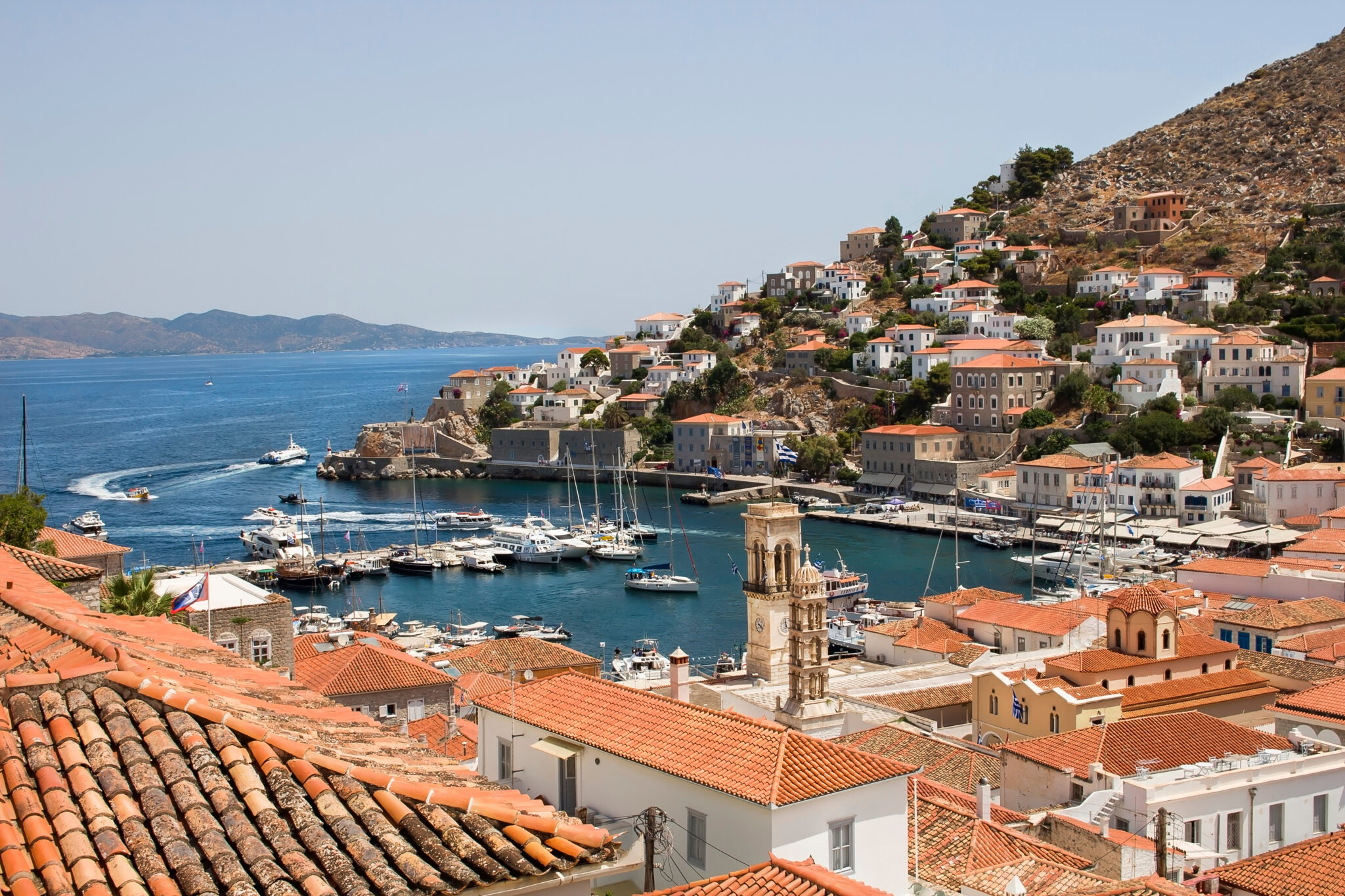The weather will remain unstable today in most parts of the country. Rain and thunderstorms, possibly temporarily strong in some areas, are expected in central, eastern Macedonia, and Thrace in the early morning hours. Improvement is anticipated across the country by evening.
The instability will continue for the next two days but will be more limited, with the weather improving towards the end of the week, according to meteorologist Thodoris Kolydas.
⚠️⚠️#Οι ισχυροί πυρήνες των καταιγίδων στη #Μαγνησία κινούνται ΒΑ (020deg) με ταχύτητα 12.44 km/h χωρίς να υπάρχει τάση για περαιτέρω ενίσχυση . Οι κορυφές των καταιγιδοφόρων νεφών ξεπερνάνε τα 11km σε ύψος. Περισσότερη η προσοχή μας προς #Θερμαικό @EMY_HNMS @CivPro_GR… pic.twitter.com/68V9LZWuS7
— Theodoros Kolydas (@KolydasT) August 20, 2024
As noted in his post, the director of the National Meteorological Service (EMY) stated: “The strong storm cores in Magnesia are moving northeast (020 degrees) at a speed of 12.44 km/h, with no further intensification expected. The tops of the storm clouds exceed 11 km in height. Our attention shifts more towards the Thermaic Gulf.”
Agrinio Records the Most Rainfall
Rain and thunderstorms occurred in parts of the country on Tuesday, August 20. According to the network of automatic weather stations of meteo.gr / National Observatory of Athens, the most intense phenomena with the highest rainfall were recorded in the west and north. The following table shows the 8 stations that recorded the most rainfall until around 18:00. The highest volume of water fell in Agrinio (44 mm), followed by the Southern Field of Kozani (39 mm), and Lepiana, Arta (35 mm).
Major Problems in Thessaly and Central Macedonia
Yesterday’s storm hit many parts of Greece. In many areas of Thessaly and Central Macedonia, residents faced hail, thunderstorms, and floods, while lightning struck several areas. A severe storm hit the Volos area with continuous lightning and gale-force wind gusts, turning the city’s streets into rivers.
The Fire Department’s Operations Center received 55 calls between 18:00 and 22:30 yesterday due to severe weather phenomena in the Thessaly Region.
The Fire Department responded as follows:
- 34 tree removals in Larissa, Magnesia, Trikala, and Karditsa
- 15 water pumpings in Larissa, Magnesia, and Trikala
- 3 object removals in Larissa.

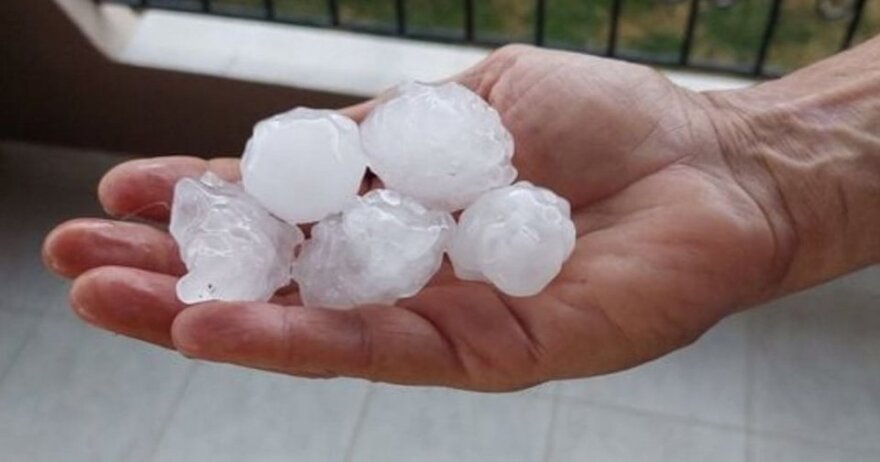
Volos: Severe Storm and Continuous Lightning
A very severe storm swept through Volos, its suburbs, and the wider area of Magnesia’s capital last night.
The storm, which began at 21:25, was characterized by very heavy rain, gale-force wind gusts, and continuous lightning strikes that turned the night sky into day. The lightning within Volos created an eerie atmosphere with continuous flashes and thunder.
The streets of Volos were turned into rivers by the heavy rainfall, with awnings on buildings breaking.
According to TheNewspaper.gr, the Krausidonas River withstood the pressure from tons of water descending from Pelion, avoiding overflowing due to cleaning works done after storms Daniel and Elias.
Short-Lived Storm and Hail in Larissa
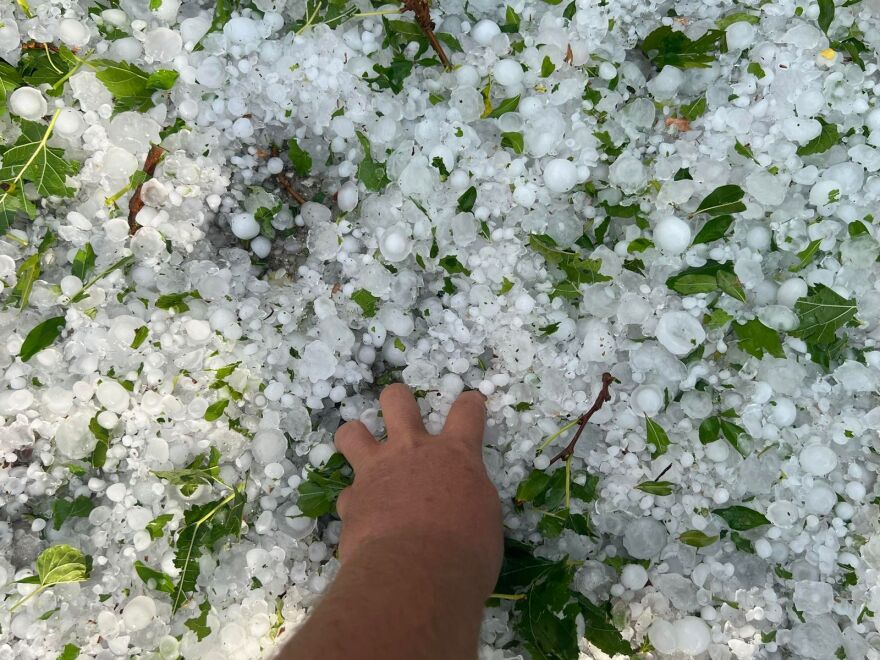
According to the website larissanet.gr, yesterday around 5:00 PM, intense rainfall began in Larissa. The storm, which lasted less than half an hour, was accompanied by gusts of wind, thunder, and a few minutes of hail within the city. In some parts of the city, damage was reported, and some streets were flooded.
Photos from Larissanet:
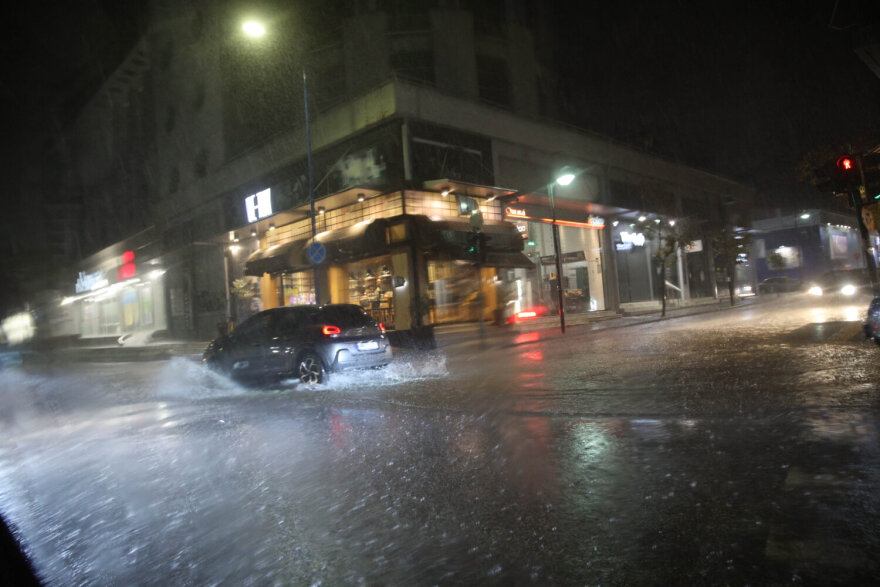
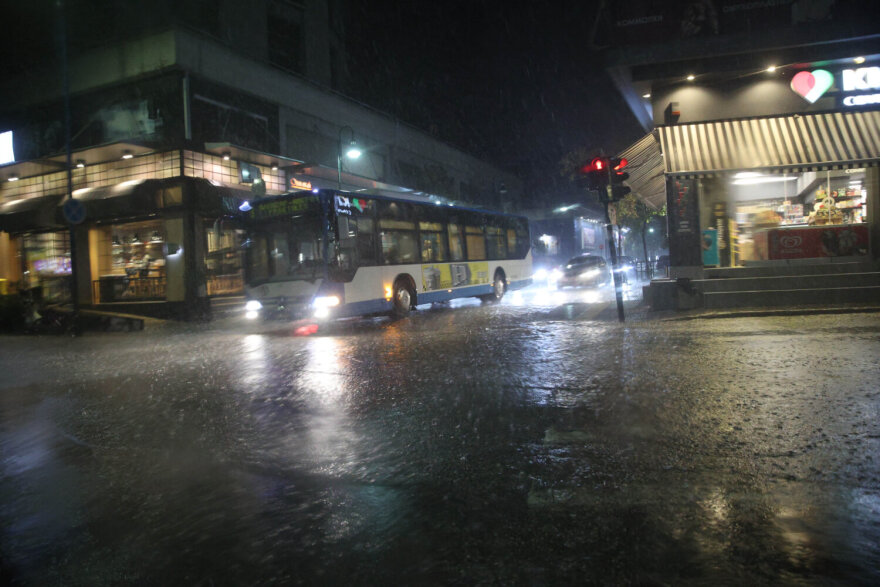
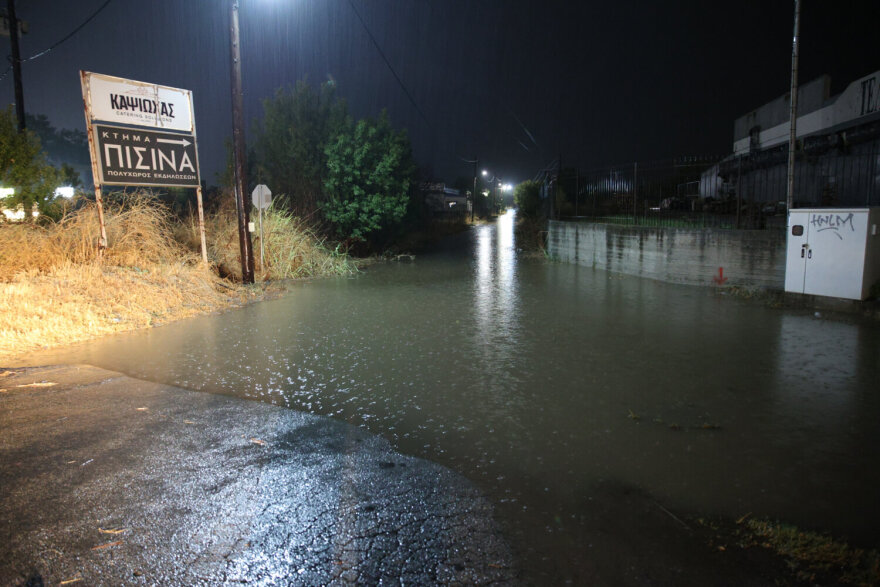
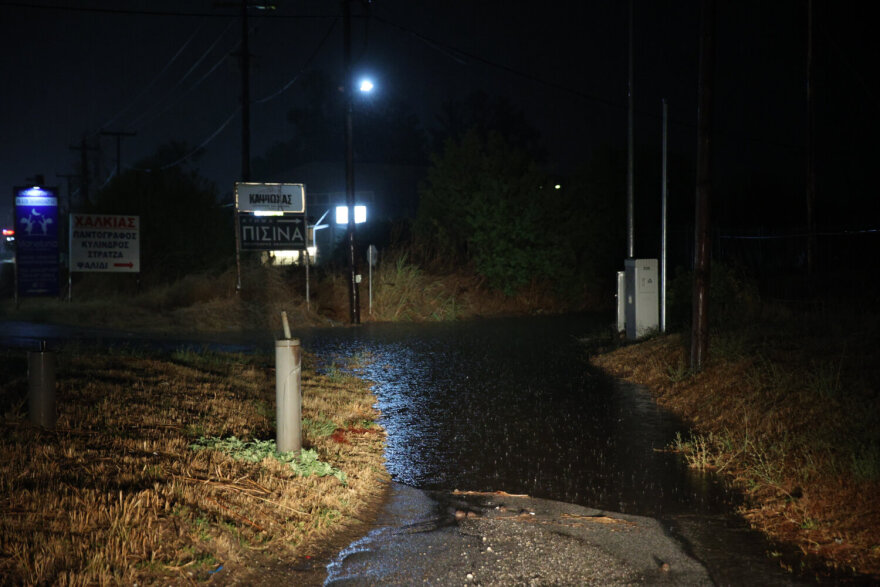
Weather Today
Initially, scattered showers and thunderstorms are expected mainly in the eastern parts of Thessaly, Central Macedonia, Evia, the Southern Ionian, and western parts of Central Greece and the Peloponnese. From the morning, the phenomena will be concentrated in the mainland, particularly the mountainous areas, while by noon, they will strengthen in some areas and affect Crete. Significant weakening is expected from the early evening hours. Dust concentrations in the atmosphere will be relatively high in some areas.
Temperatures will range from 17 to 29°C in Western Macedonia, 22 to 36°C in the rest of Macedonia and Thrace, 22 to 35°C in Thessaly, 18 to 33°C in Epirus and Western Central Greece, 25 to 35°C in the rest of Central Greece, 19 to 34°C in the Peloponnese, 21 to 31°C in the Ionian Islands, 21 to 35°C in the North and East Aegean Islands, and 23 to 32°C in the Cyclades, 25 to 31°C in the Dodecanese, and 22 to 35°C in Crete.
Winds in the Northern Aegean will blow from the north at 3 to 5 Beaufort. In the Central and Southern Aegean, winds will blow from the west at 3 to 5 Beaufort. In the Ionian, winds will initially be variable up to 3 Beaufort, but from the morning, they will become northwesterly at 3 to 5 Beaufort, temporarily reaching up to 6 Beaufort locally.
Ask me anything
Explore related questions

